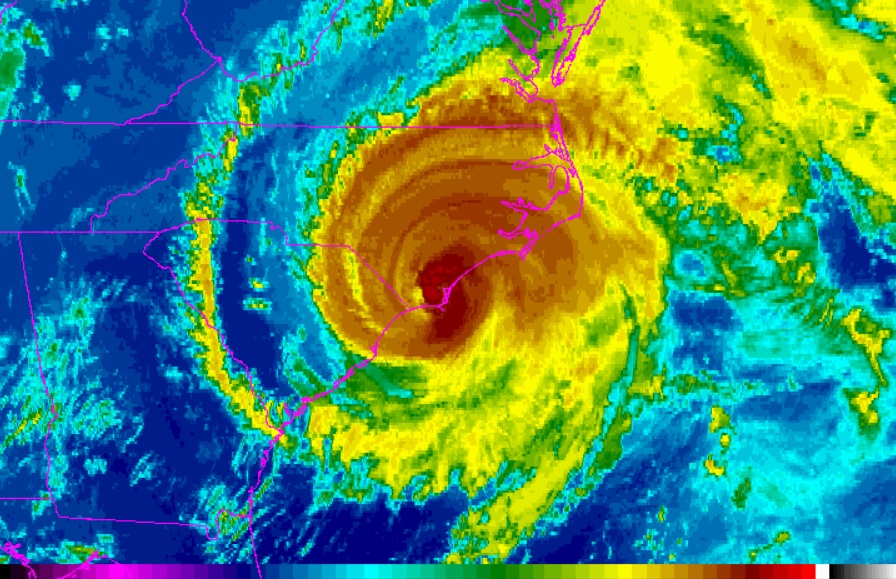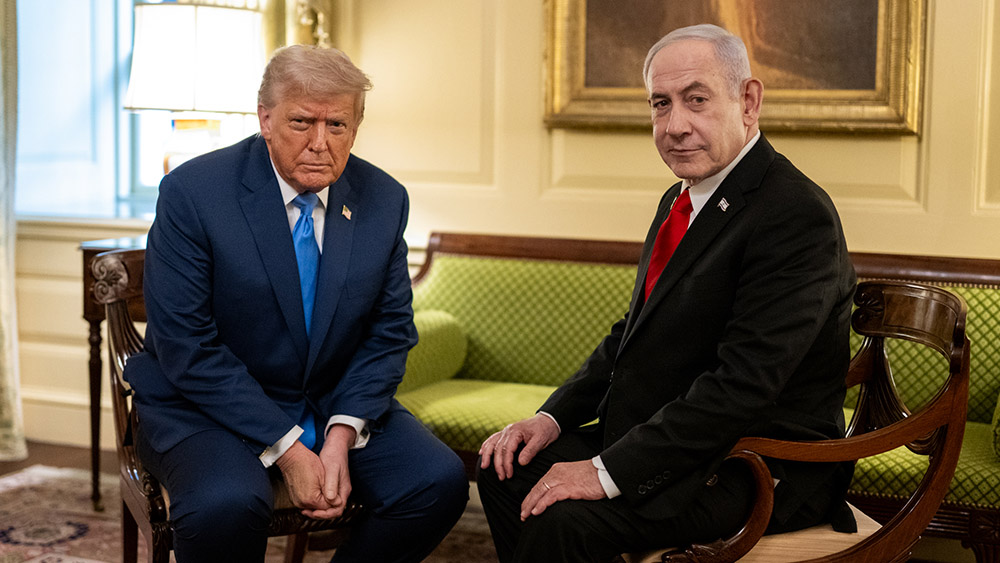 Parler
Parler Gab
Gab
- A critical Gaza ceasefire is failing to deliver promised humanitarian aid.
- Only a fraction of the agreed-upon aid trucks are entering the territory.
- The aid shortfall is worsening the catastrophic famine conditions in Gaza.
- Ongoing violence and ceasefire violations further hinder relief efforts.
- This systematic aid restriction constitutes a deliberate policy of collective punishment.
Aid falls critically short
International organizations confirm the catastrophic shortfall. A World Food Programme spokesperson stated that while daily deliveries have improved, they are significantly below their target. The agency revealed that only about 750 metric tonnes of food are entering daily, falling far short of the 2,000 tonnes needed to push back against famine. The WFP spokesperson emphasized that sustaining the ceasefire is "the only way we can save lives and push back on the famine in the north of Gaza." She explained that to reach the necessary scale, more border crossings must be opened, as Israel currently only has two operational crossings into the territory. The UN Relief and Works Agency for Palestine Refugees has stated it has three months' worth of supplies ready to feed and care for all 2.2 million Palestinians in Gaza. Yet Israel continues to block the vast majority of this aid, allowing only a "trickle" into the strip.Ceasefire violations continue
The humanitarian crisis is being compounded by ongoing violence. Despite the declared truce, the Palestinian Ministry of Health has reported around 90 Palestinians killed and more than 300 injured in ongoing Israeli attacks across the strip. At least 100 ceasefire violations have been reported. Local officials said these violent airstrikes have disrupted humanitarian convoys and delayed recovery efforts for bodies trapped beneath the rubble. This worsens the already severe humanitarian crisis across the enclave and undermines the fragile ceasefire. The bodies of dozens of Palestinians handed over by Israel have shown horrific conditions. Forensic teams reported visible signs of torture on some, while others arrived in a decomposed state, raising serious questions about the circumstances of their deaths. The situation reveals a dramatic disconnect between diplomatic assurances and realities for Palestinians. U.S. Vice President JD Vance has claimed the ceasefire is "going better than expected," while Palestinians in Gaza report seeing no real change in their lives. The future of the agreement appears uncertain. Reports indicate concern within the Trump administration that Israeli Prime Minister Benjamin Netanyahu may walk away from the deal altogether due to internal quarreling within his coalition. For the people of Gaza, the failed aid delivery means the specter of mass starvation continues to loom. The WFP noted that many Palestinians are storing the food they receive because they are afraid supplies might again dry up, uncertain how long the ceasefire will last. This systematic restriction of life-saving aid, despite a ceasefire agreement, points to a deliberate policy of collective punishment. With hundreds of thousands facing famine, the international community should be outraged that the promised relief is failing to materialize and the Gazan population remains trapped between violence and starvation. Sources for this article include: TheCradle.co AlJazeera.com AlJazeera.com Truthout.orgRubio defends Israeli airstrike as accusations of Gaza ceasefire violations mount
By Cassie B. // Share
Netanyahu insists Israel retains full control over security decisions in Gaza
By Belle Carter // Share
Digital IDs: The global push for control and the fight for freedom
By Kevin Hughes // Share
U.S. intelligence contradicts Trump’s claims of Venezuelan fentanyl trafficking
By Belle Carter // Share
Kremlin aide claims Ukraine deal is within reach
By Ava Grace // Share
Governments continue to obscure COVID-19 vaccine data amid rising concerns over excess deaths
By patricklewis // Share
Tech giant Microsoft backs EXTINCTION with its support of carbon capture programs
By ramontomeydw // Share
Germany to resume arms exports to Israel despite repeated ceasefire violations
By isabelle // Share









